BANGUS INTERVIEW [SELECTOR SESSIONS] BOLD ENGAGING INTERVIEW 2025
BANGUS INTERVIEW: In a world saturated with fleeting trends and recycled sounds, bangus stands out as a sonic architect with a blueprint all his own. Hailing from London, his high-energy sets and productions are a masterclass in controlled chaos, weaving together the raw power of UK Bass, the soulful swagger of Garage, and the intricate rhythms of Breaks.
As a producer and broadcaster, he is not just spinning records, but crafting a new narrative for a genre-defying sound—a sound that looks to the past for its foundations while pushing relentlessly toward the future. Viper sits down with the man behind the decks to explore his unique vision, his creative process, and how he’s bringing a new kind of “bang” to the dance floor.
What inspired you to start DJing, and how has your journey evolved over the years?
I’ve always been a ‘selector’, DJing via YouTube or bluetooth at house parties for as long as I could remember. Then, as I got older, I started going to parties where they didn’t have a Bluetooth speaker, they had DJ decks. Obviously me being me, I wanted to play no matter how I was playing or what I was using, so the next inevitable step was to learn how to DJ.
The first few years of my DJ ‘career’ were during lockdown. I built a pub/nightclub in my mum’s garden and booked myself to be the resident DJ! My early sets were a crazy blend of genres, tempos and energy, a real ‘house party set’ sound, which I think I still carry through to this day. You’ll often catch me finishing my sets with some DnB/Jungle or an old school classic house banger, no matter what genre of set I’ve been playing.
Can you describe the creative process behind selecting tracks for your sets?
I never pre-plan or pre-record sets – your job as a DJ is to manipulate and build the energy of the room. If you have pre-planned the set then you have no room for real-time adjustments based on the vibe of the crowd.
I often have 3 or 4 tracks that I know I want to play during the set, so I end up building the set around those tracks. But mostly, my sets are a fluid piece of art that is being created in real time, based on the actions and reactions of the crowd. I could play the same venue 10 nights in a row, playing to the same brief, and each set would be different….
How do you stay connected with your audience while performing, and what role does that
connection play in your sets?
As I touched on on the previous question, my whole set is designed for the audience. If I want to take the audience in a certain direction and they’re not as receptive as I had hoped it is my job to try again, not continue playing music that they’re not thoroughly enjoying.
I like playing on decks that are at ground level, where you can really build a connection and feel the vibe of the crowd. I’m a big dancer during my sets and will always try and make it known that I’m enjoying playing just as much as the crowd are enjoying listening, which the audience tend to appreciate and feed off.
In your opinion, what is the most significant change in the music scene since you began your
career?
I think the massive increase in the use of social media, not just by crowds and on dancefloors but also when it comes to marketing and promoting yourself as a DJ or producer. Everything is so content focused these days, more and more parties are doing this 360 booth set up with cameras everywhere and crowds are too busy videoing each other to really let loose.
The best parties I’ve ever been to have not been live-streamed, or snapchatted, they’ve been dominated by infectious energy built between the DJ and the crowd. Equally, some of the best DJs I’ve ever seen play out do not have hundreds of thousands of followers, which means there are some places they will never get booked to play. I think it’s quite a sad situation where the first thing bookers/promoters are looking at is the size of your social media following, rather than your skill as a DJ.
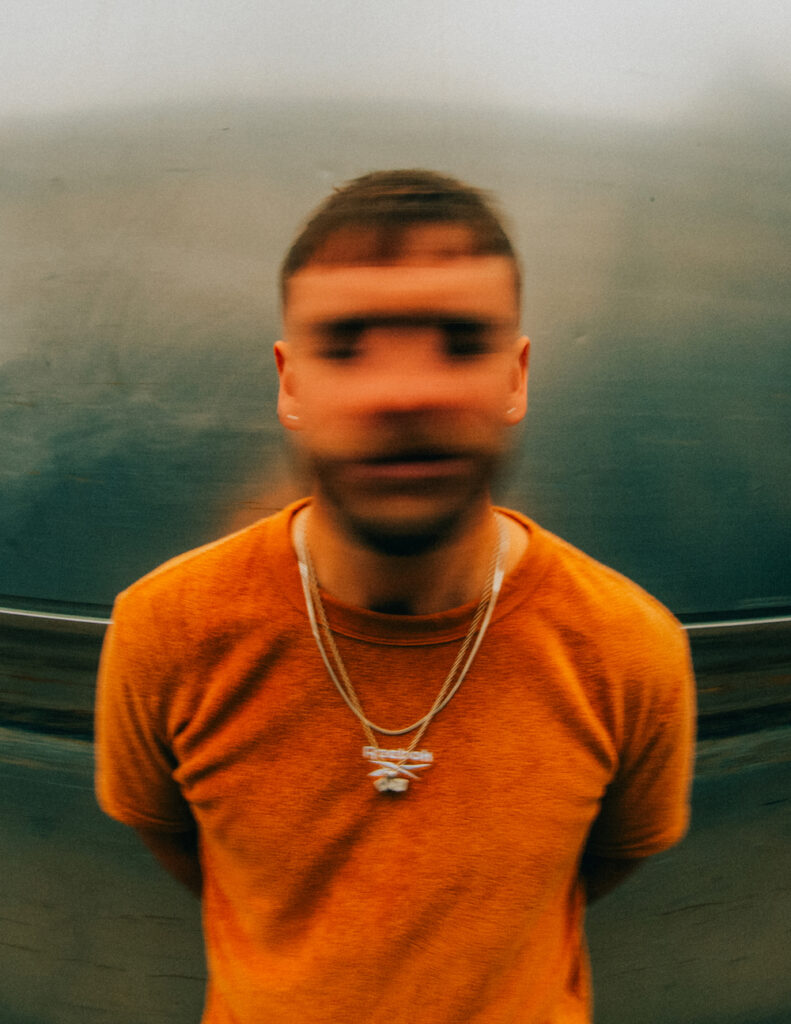
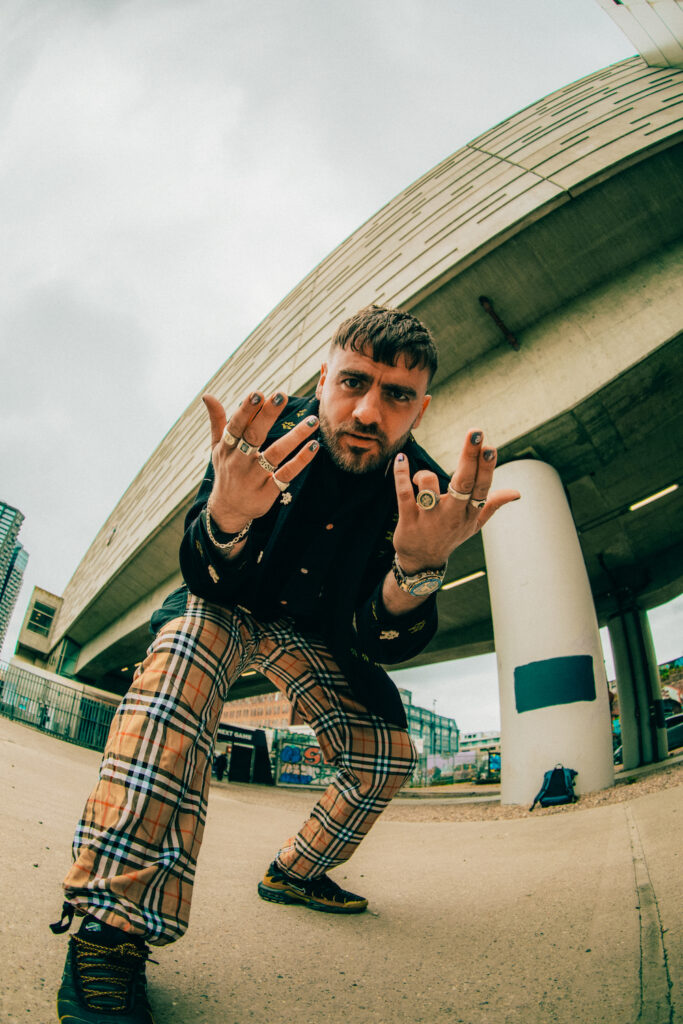
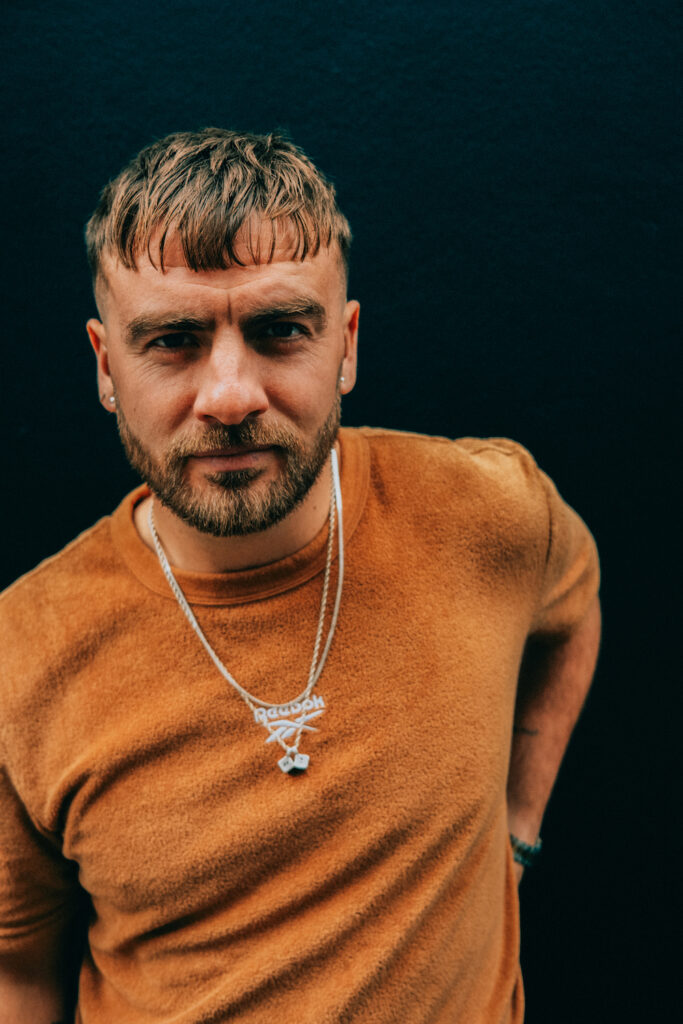
How has technology changed the way you approach DJing, and what tools do you find
indispensable?
My DJ style has remained relatively unchanged since its inception – although advances and innovations in DJ equipment and software have streamlined the process. I would say that the only life changing thing I ever did was start to use Rekordbox properly. This wasn’t even an upgrade of Rekordbox itself – I just started using it to its full potential. Especially as your record collection starts hitting the 10,000+ songs mark, having a song library that is truly organised is a godsend. It took me a while to get it to this level but now there’s no going back!
What challenges do you face as a DJ in today’s music industry, and how do you overcome them?
The importance that social media and ‘content’ plays in building and developing yourself as an artist and DJ was something that I spent a while in denial about. Creating content was never something that came naturally to me, so I have really had to make a conscious effort to embrace it and improve.
Setting aside dedicated time to create, and also thinking about what kind of content I can make that aligns with me as a person and an artist really helps. For example, I have a series of videos that I create weekly called ‘bangers from bangus’, where I highlight and share tracks that I’m feeling. It makes creating the content a lot smoother and more natural feeling.
Can you share a defining moment in your career that shaped your identity as an artist?
I would say the release of my first single, Switch, really helped me to believe in myself and what I was trying to do. It ended up charting at No.2 on Beatport and is still one of my most streamed tracks.
How do you incorporate your personal experiences or emotions into your performances?
DJing for me is a highly personal and unique experience. Every set is different and draws heavily on my past. Sometimes I’ll play a track that reminds me of a time and place which then sends me in a completely different direction. Next thing you know my whole set has taken a turn and shifted the vibe. It’s obviously very cliché but I like to take the crowd on a journey, and most of the time I have no idea where we’re going to end up!
Who are your biggest musical influences, and how have they impacted your style?
Skream, Bakey, Joy O, Logic1000, Human Movement to mention a few. There are hundreds more, and a lot of the time I take influences from different genres such as house or soul and try to blend them into a garage or bass track. Bakey’s production style is definitely one of my favourites, every sample and sound has a purpose and packs a punch.
What message or vibe do you aim to convey to your audience through your music?
All I really want to do with my music is invoke emotion in my listeners, whether that is joy, sorrow, excitement or anything else. As long as my music is making you FEEL something, I’m happy.
How do you handle criticism or negative feedback regarding your work?
Criticism is a part of life – I used to do door to door sales so I’m used to rejection. I think you need to make sure you’re not giving other people’s opinions too much power or weight in your decision making. Make the music for you first – some people will like it and some won’t. You can’t please all people all the time so don’t waste your time or energy trying!
What are your thoughts on the current trends in DJ culture and music consumption?
Change is inevitable, although change isn’t always progress. The obsession with social media stats is something I’d love to see us as a society grow out of. Also the move to streaming music instead of buying it has devalued our art to a point where 95% of artists don’t make enough money off their music to do it full time. Hopefully with more conversation around these topics we can protect our industry and create a sustainable ecosystem for everyone involved.
How important is collaboration with other artists, and can you share some of your favourite collaborations thus far?
My favourite collaboration so far would have to be my latest single – ‘Passion Smack’ – featuring Trim. I think the blending of two worlds is a really special thing to do. I would also recommend to any DJ or producer to collaborate as much as possible! It doesn’t have to result in a release, or anything really, but working with others is a fantastic way to figure out what you’re good at and also to stimulate creativity in ways that are impossible to do alone.
DJing and production can be quite solitary professions, so I’ve recently started a ‘DJ Jam Session’ group, for DJs to come together and mix together in an informal setting, and to network and share music and ideas.
What advice would you give to aspiring DJs looking to make a mark in the industry?
Start small. ‘Making a mark on the industry’ is a huge huge target, and most will never achieve that. Make a mark on your friends first. Play a really good set at a house party. Sign up to a community radio show and support the industry you’re trying to be a part of. Buy tickets for events, buy music, support other DJs and grassroots venues. You’ve got to do the work, put the hours in and be relentless in your pursuits – no-one is going to hand it to you.
Looking forward, what goals do you have for your career, and how do you plan to achieve them?
Having just released my fourth single, I’d love to release an EP next. I’m also putting on the second edition of my event series ‘bangfest’ on the 31st of May – and have plans to take it to some other cities across the UK. I really want to keep building my music community and try to ensure the longevity of our industry, and hopefully leave a legacy for the next generation of producers and DJs.
Photos by Jimi Herrtage
pho
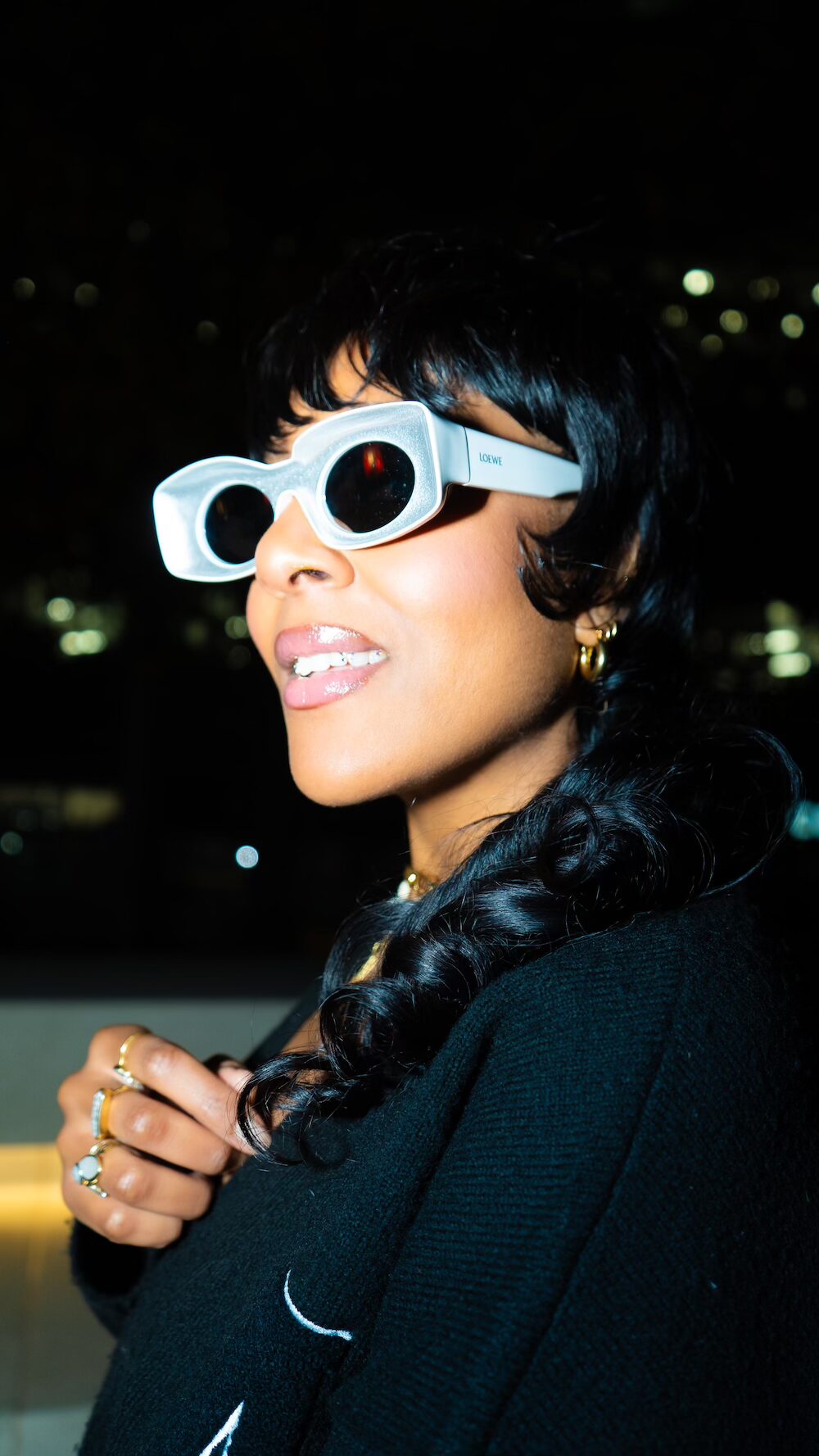
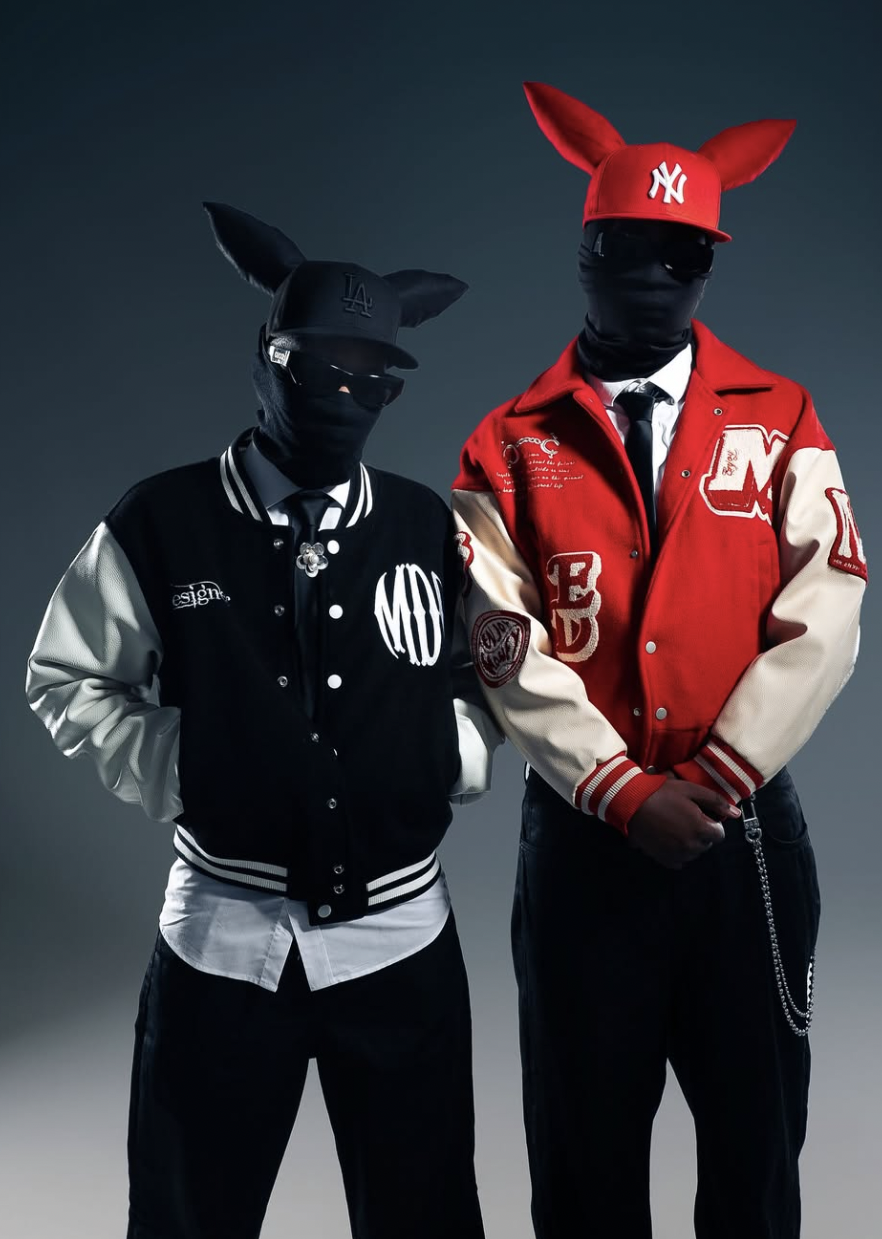
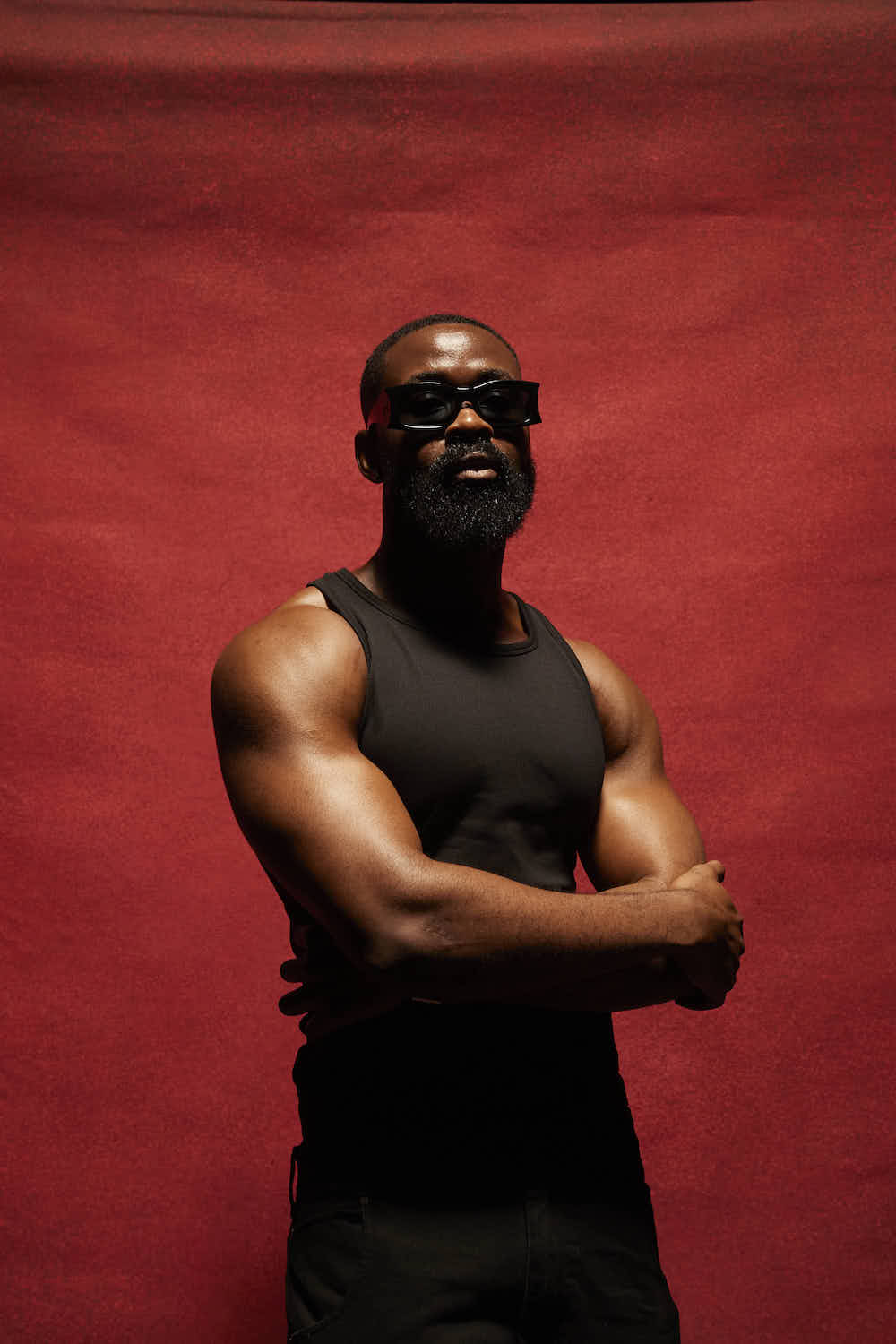
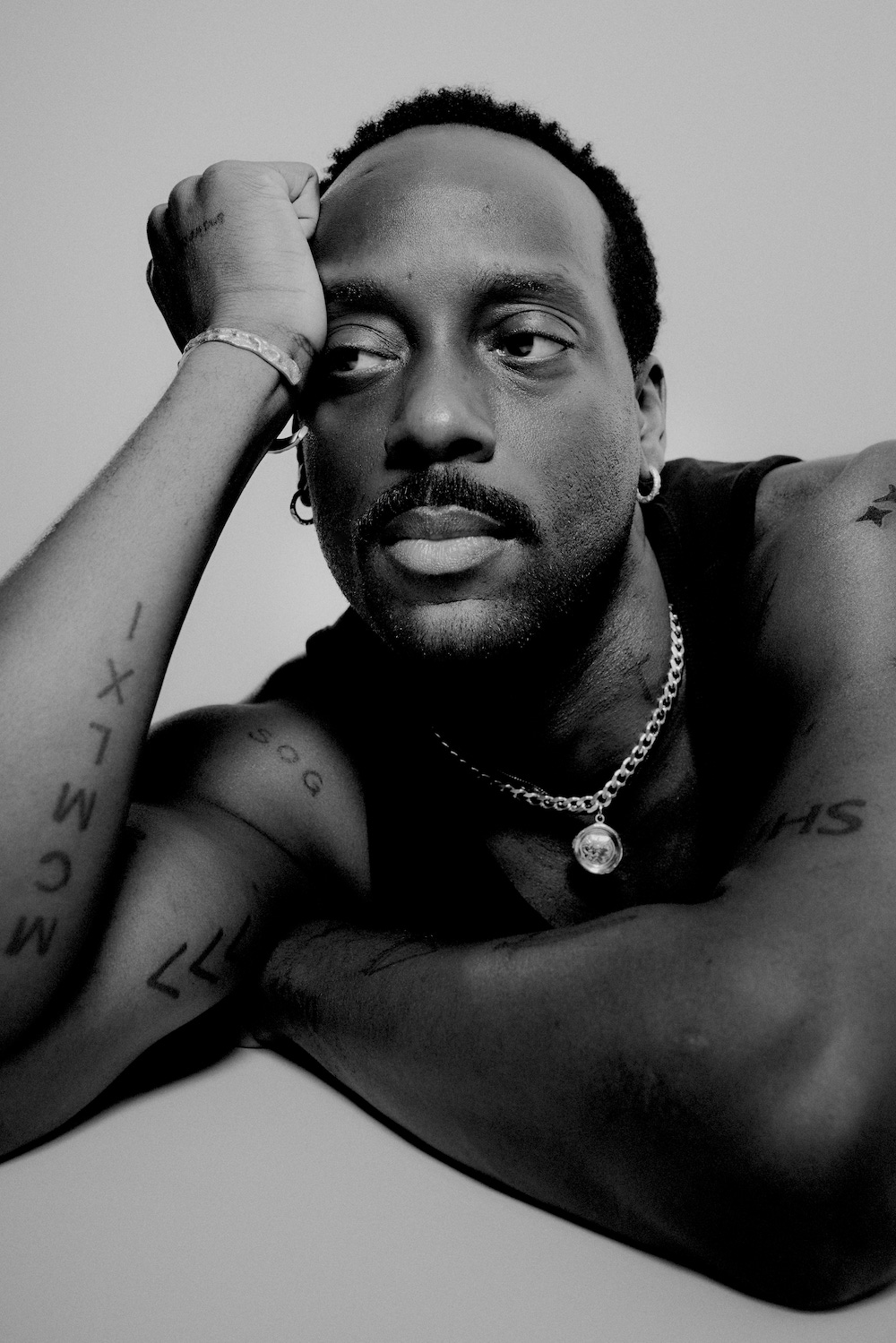

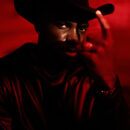
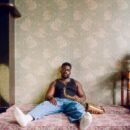
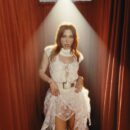
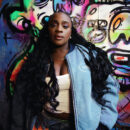
[INTERVIEW] WAVE MONTEGA HAS BIG THINGS COMING
[INTERVIEW] RUSS MILLIONS
[INTERVIEW] RUSS MILLIONS
Protected: Order – March 11, 2022 @ 01:18 PM